Polarized debates about COVID-19 vaccination and vaccine mandates for healthcare workers (HCWs) challenge Belgian HCWs ability to discuss Covid-19 vaccine sentiments with peers and patients.


Polarized debates about COVID-19 vaccination and vaccine mandates for healthcare workers (HCWs) challenge Belgian HCWs ability to discuss Covid-19 vaccine sentiments with peers and patients.
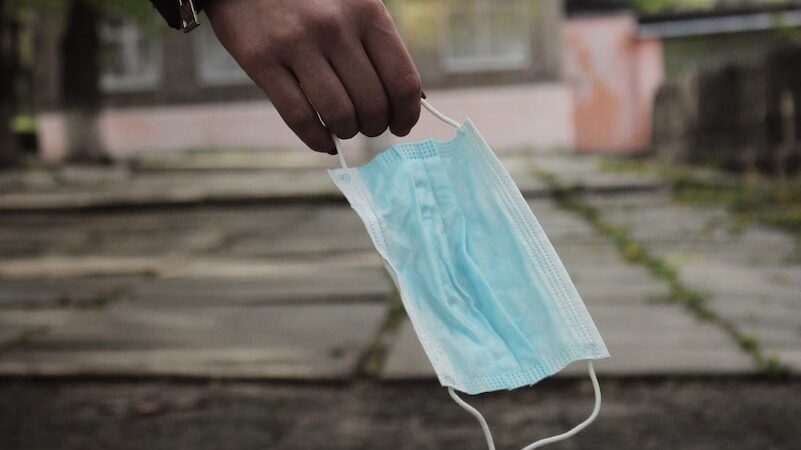
Our third study of COVID-19 vaccine hesitancy among 23,000 respondents in 23 countries, surveyed from 29 June to 10 July 2022 found willingness to accept vaccination at 79.1%, up 5.2% from June 2021.
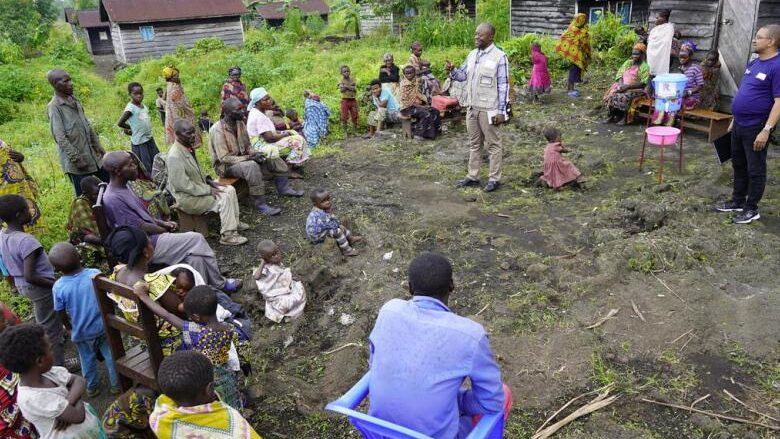
Robert Kanwagi, Research Fellow at the VCP, discusses his work over the past six years on introducing an Ebola vaccine…
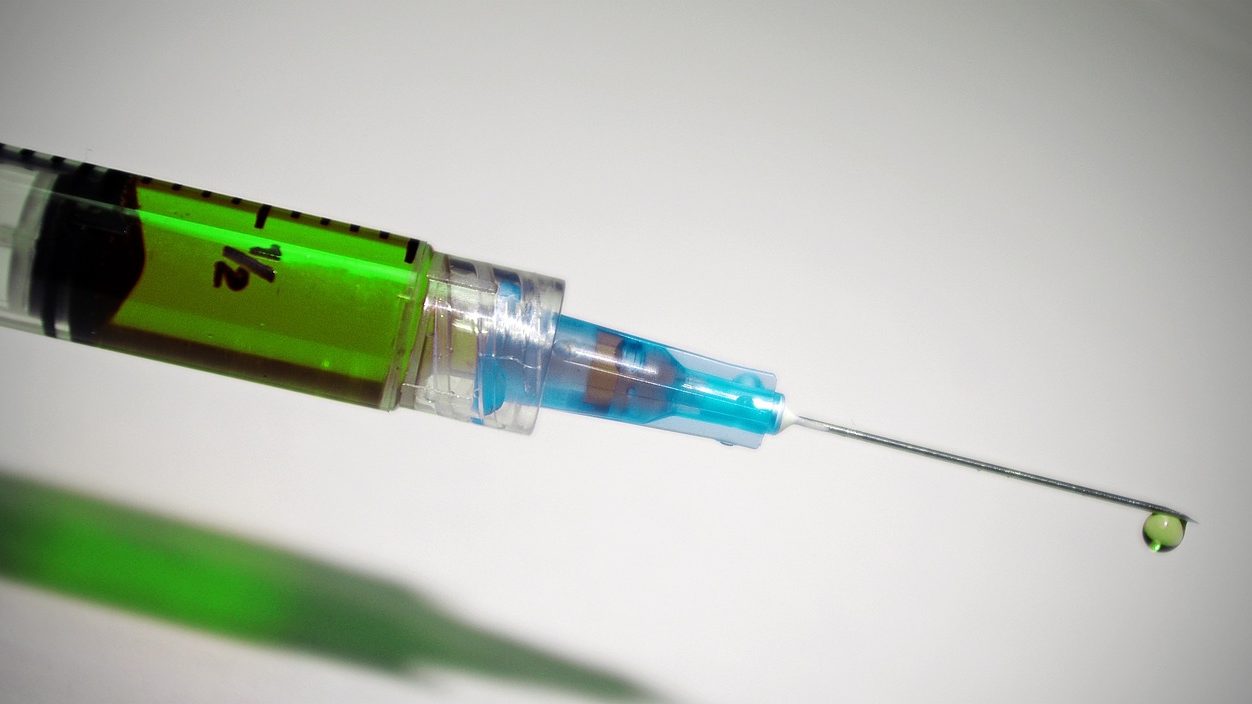
In this large-scale multi-country study, we explored intent to accept a COVID-19 vaccine and the socio-demographic and emotional determinants of uptake for 17 countries.

To identify knowledge gaps, beliefs and attitudes in relation to the COVID-19 pandemic and COVID-19 vaccine acceptance among adults in the Asia-Pacific region, the Vaccine Confidence Project conducted two waves of quantitative research in 2021 and 2022.
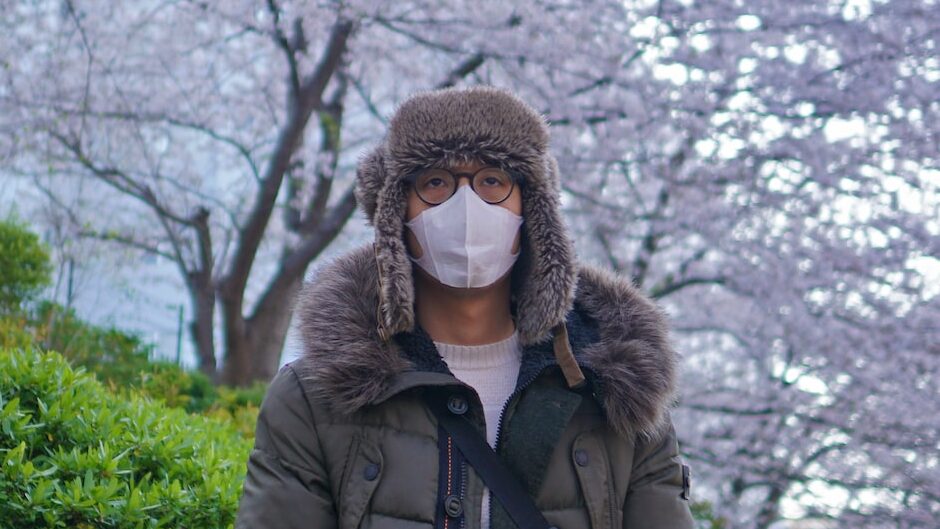
Little is known about how social media platforms can be used to increase COVID-19 vaccine intent. We aimed to investigate the effect of social media-based interventions on vaccine hesitancy in Japan.

A new report on the level of public confidence in vaccines among Europeans shows a strong majority believe vaccines are important, effective and safe.

Years of lies and rumours about COVID have had a contagion effect, damaging public acceptance of all vaccines, said…
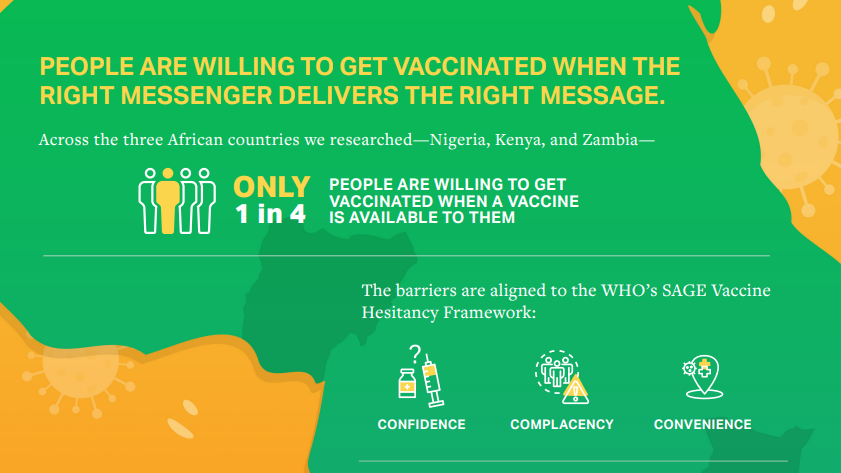
Johnson & Johnson Global Public Health has created a series of unbranded research-based tools to equip vaccine confidence efforts in Africa.
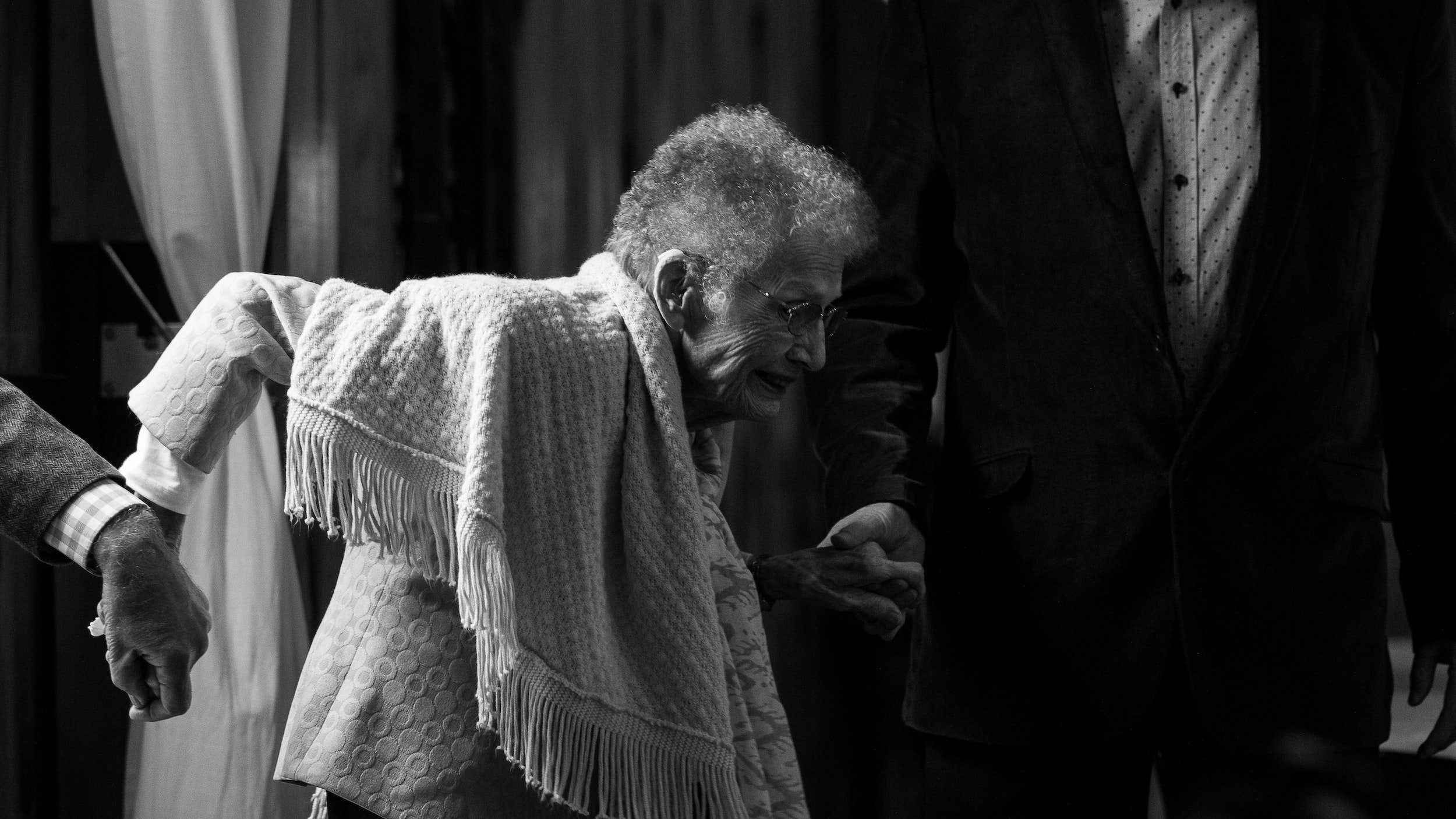
Judy Salins considers herself a smart, empowered patient, but until this week, she had no idea that the medicine she takes to defend herself against Covid-19 isn’t protecting her as well as it used to.

Health authorities have warned of a new wave of Covid-19 cases and hospitalisations being…
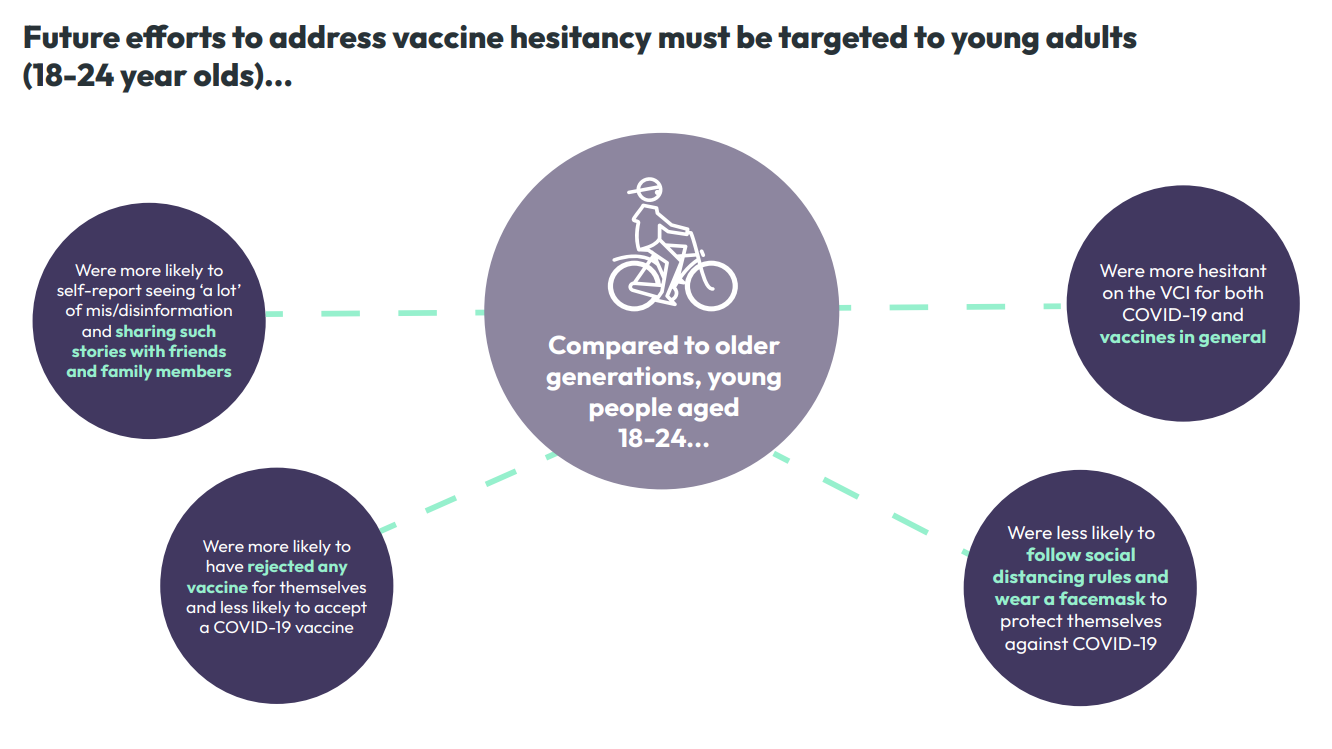
This 2-page briefing provides an overview of the key trends and insights observed across the three waves of data collection that have been conducted as part…